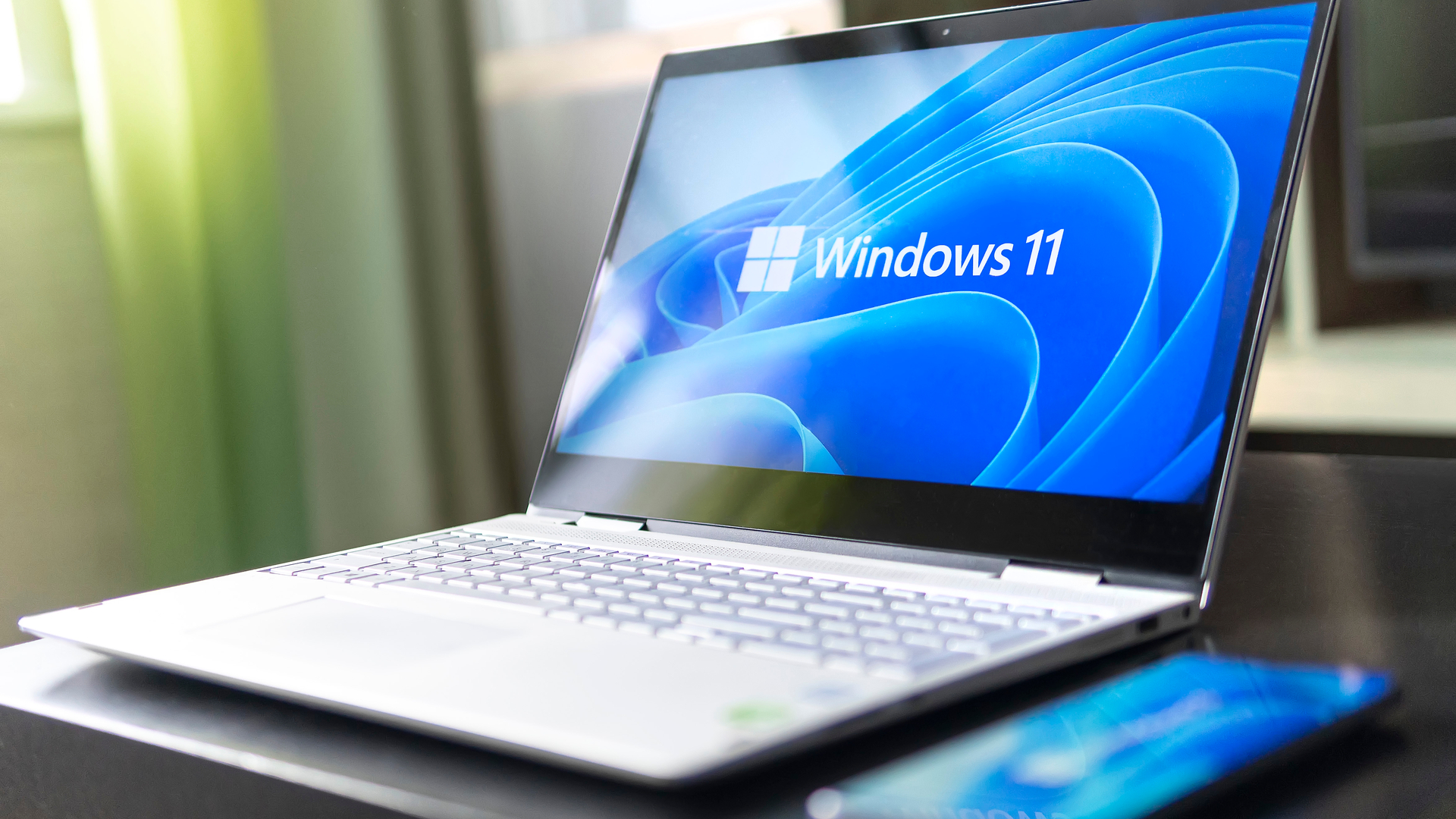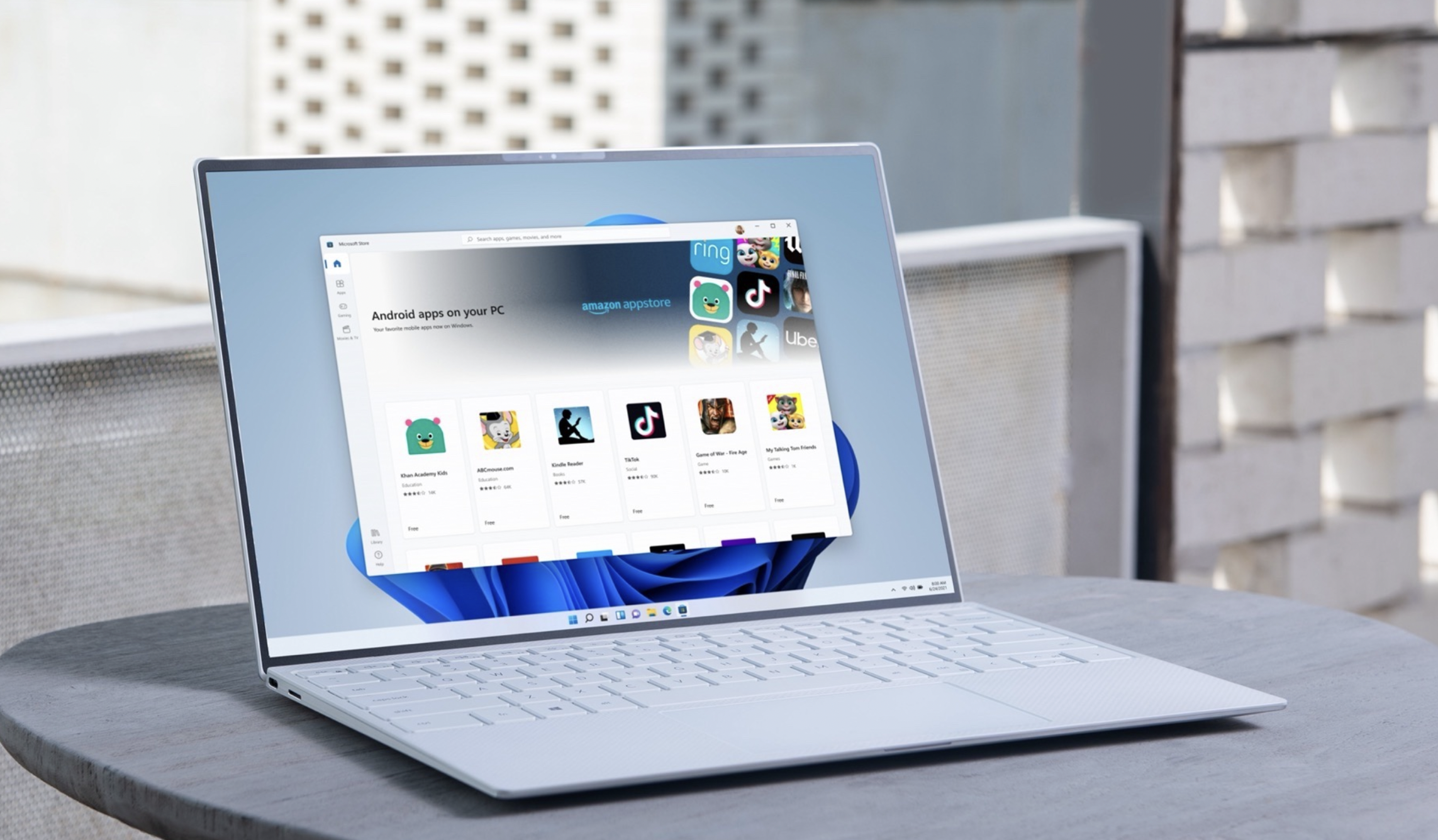Windows 11 tipped for two new features that could finally make upgrading worth it
Windows 11 could soon be smarter at serving up files and being more customizable

Windows 11 is starting to shape up as an operating system, but it’s still arguably not the OS we and other users want from Microsoft. Yet the future is promising.
That's because there are potentially two neat features in the works for Windows 11. One could enable more flexibility with the taskbar, which was moved from the left-orientated one in Windows 10. The other is smart recommendations with File Explorer that can help serve up fields people are looking for rather than trawl through a mass of file structures.
Let's start with the taskbar. In Windows 11 it was shifted to the middle of the bottom section of the desktop, a bit of a departure from Windows 10 and somewhat akin to the design of macOS.
Naturally, some long-time Windows users found this jarring but also didn't have the option to re-orientate the taskbar. But Twitter user and Windows enthusiast thebookisclosed tweeted a video showing how the taskbar could be moved from the bottom of the desktop to the top.
Turns out you can position the fully XAML taskbar up top, the experience is not all that great though 😅 pic.twitter.com/NmGjOVK0gRMarch 6, 2023
We’re not sure how thebookisclosed got hold of a version of Windows 11 that lets the taskbar be moved, but it could be a test feature in an Insiders build of Windows 11.
Being able to move the taskbar from the bottom to the top of the desktop is hardly revolutionary. But it would hint that Microsoft is working on making Windows 11 more customizable. Being able to tweak Windows to your preferences is one of the main advantages it has over the more restrictive macOS; expanding customization for Windows 11 should make the OS more appealing and attract people to upgrade from Windows 10.
Smart file seeking
As for the aforementioned tweak to File Explorer, it’s more official given it pops up in the Windows 11 Insider Preview Build 23403 update. This upgrade introduces a system called File Recommendations.
Sign up to get the BEST of Tom's Guide direct to your inbox.
Get instant access to breaking news, the hottest reviews, great deals and helpful tips.
As the name would suggest, File Recommendations will recommend files for users to access when using File Explorer. These are presented to users as an option to open files in a new tab and recommends cloud files linked to a Microsoft account rather than those on your PC; that should alleviate some concerns over privacy.
The idea here is the recommendations should make it easier to find specific files rather than doing through a load of file structures and subfolders; it could arguably be like Google Drive’s 'recently accessed' tab but smarter.
Given it requires users to be signed into an Azure Active Directory account, this tool is for business use. But again it hints at how Microsoft could bring in more smart features into Windows 11 as a whole.

The caveat here is how smart those recommendations are, as they may indeed learn what you want to access from regular File Explorer use, but they could also get in the way of finding files you are looking for that aren’t so commonly accessed.
And with Microsoft having flirted with serving up ads in File Explorer, there could even be a situation where the recommendation engine serves up ads related to file searches; we suspect this could be a step too far, as Windows 11 users would likely react badly to such a change if it happened.
Overall, these changes are a good sign Windows 11 is evolving into a smarter and more customizable operating system. And even if Windows 12 comes sooner than we might have thought, positive lessons learned in Windows 11 could be ported over to Microsoft’s next OS.
More from Tom's Guide
Roland Moore-Colyer a Managing Editor at Tom’s Guide with a focus on news, features and opinion articles. He often writes about gaming, phones, laptops and other bits of hardware; he’s also got an interest in cars. When not at his desk Roland can be found wandering around London, often with a look of curiosity on his face.

